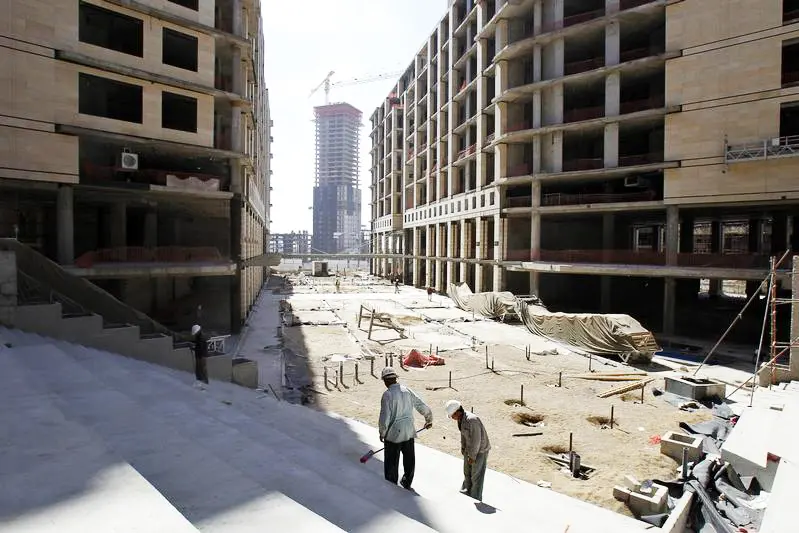PHOTO
Tunisia benefits from one of the strongest housing markets in the region, with high levels of ownership and a developed mortgage industry, but in the face of rising costs, the government is looking to expand social housing.
The residential sector accounts for around 6.6% of GDP, according to the Centre for Affordable Housing Finance in Africa (CAHF), a South Africa-based NGO, and generates roughly 3% of government revenues through a combination of rental and property taxes, value-added tax on construction and local land taxes. In employment terms, jobs related to construction and settlements accounted for 13.5% of total employment in 2014.
Although housing supply is solid and levels of home ownership are relatively high - at 79.2%, according to the 2014 census - affordability has become a growing issue for many Tunisians.
Slower economic growth, which fell from 2.3% in 2014 to 1% in 2015, according to IMF estimates - compared to an average of 4.4% per annum in the decade to 2010 - has added to the challenges facing prospective homeowners. Inflation, meanwhile, reached 4.1% in 2015, according to the National Institute of Statistics (Institut National de la Statistique, INS).
Maintaining affordabilityThe impact of rising prices and slowing economic growth on the residential sector is noticeable.
According to the state-owned real estate agency Société Nationale Immobilière de Tunisie (SNIT), building costs have pushed up the per-sq-metre cost of housing space to between TD600 (€266) and TD900 (€399), compared to TD400 (€177) in 2011. Higher housing costs are largely a consequence of significant year-on-year increases in construction material and labour costs.
Additionally, the CAHF found that housing costs in Tunisia have outstripped wage growth, with average housing prices currently equivalent to five times the median annual income - or as high as nine times for the poorest 10% of households. At present, housing represents the second-largest expense for Tunisian households
The rental market is also proving challenging, with rents being driven up significantly by a spike in demand, due in part to an influx of migrants from Libya. According to the INS, rents rose by an average of 5.6% in 2014 and 7.7% in 2015, outpacing inflation.
Boosting supplyIn a bid to address the shortfall, the government announced plans to build between 6000 and 10,000 new social housing units each year starting in 2016.
The government-owned housing land agency Agence Foncière de l'Habitat, which is tasked with commissioning new social housing, has already moved on the initiative, launching a tender for the construction of 4650 units countrywide in November 2015.
To help ease supply constraints, SNIT also put 1500 units aimed at middle-class buyers up for sale last year across Greater Tunis, Nabeul and Zaghouan, priced at between TD70,000 (€31,000) and TD100,000 (€44,300).
The organisation plans to release further units onto the market in 2016, with 367 units being constructed in Sidi Hassine, 135 in Batan, 55 each in Ben Arous and Tunis, and 42 in Ksar Said, for a total of 654 units.
Mortgage marketsIn spite of concerns over access to housing as a result of the rising prices, Tunisia's housing affordability continues to rank higher than that of other countries in the region, thanks largely to favourable housing policies enacted since independence in 1956.
Home ownership has been aided in part by growth of mortgages, which now stand at 9.25% of GDP in Tunisia, according to the CAHF. While lower than the 43% recorded in France, this places Tunisia's residential debt well ahead of neighbouring Algeria (1.5%) and Morocco (7%), as per World Bank figures.
Crucially, Tunisia's lenders have also sought to ensure that mortgages are accessible to lower-income households. The state-owned Banque de l'Habitat has traditionally offered subsidised mortgages to low-income families, defined as those earning between one and 4.5 times the minimum wage.
© Oxford Business Group 2016





















